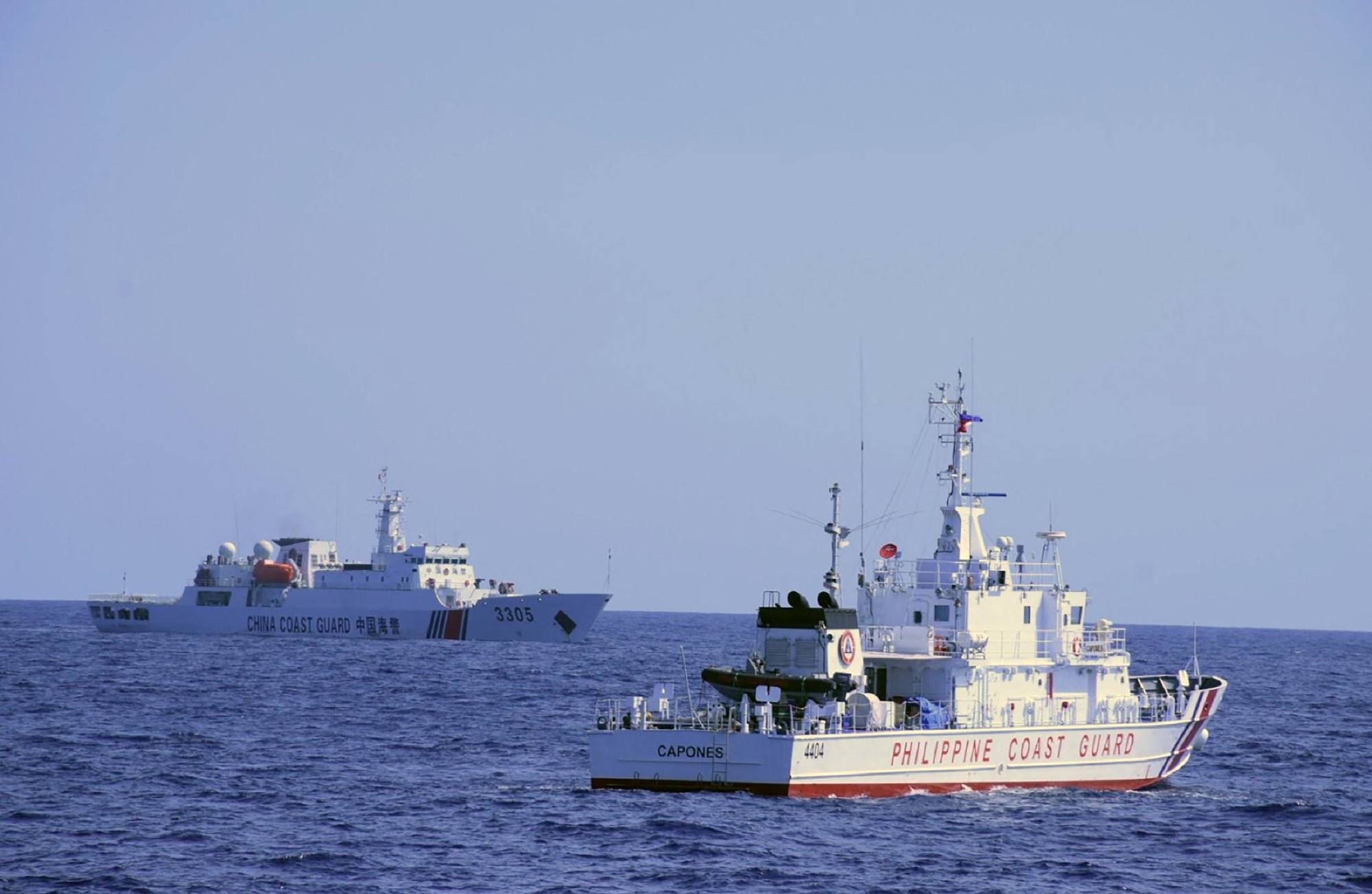
In courting both the US and China, the Philippines is trying to have its cake and eat it
- Philippine President Ferdinand Marcos Jnr is seeking greater security guarantees from the US, but they will come at the price of hosting US military assets
- Providing US forces such access is bound to go down badly with China, a vital trade partner with whom Marcos also wants stronger ties
Marcos wants both the security protection of the US and the maintenance of vital economic relations with China, the Philippines’ top trading partner with which bilateral trade reached nearly US$50 billion in 2019. China is also the Philippines’ leading source of foreign investment. Probably recognising – like his predecessor Rodrigo Duterte – that China will always be “there”, Marcos has pledged to foster closer relations with China.
Marcos was probably among this select group because the US needs the Philippines as much as, or even more than, the Philippines needs the US. China has modernised its military to the extent that there is fear it might overwhelm US forward-deployed forces in the South China Sea before reinforcements could arrive from extraregional bases.

If the US fails to provide this, Southeast Asian nations will question the US as a regional security guarantor and consider making deals with Beijing. To reassure claimants, the US needs to place its warplanes, warships and missiles in the region. For this, it needs hosts, and the most likely one is the Philippines.
Indeed, the implementation of the US-Philippines Enhanced Defence Cooperation Agreement (EDCA) – stalled under Duterte – would allow the US to position, under its control, personnel and defence equipment in the Philippines, perhaps including intermediate-range missiles. But if the Philippines gives the US such access, China could retaliate economically.

And, should hostilities break out, any US military assets at Philippine bases would become Chinese targets.
The two discussed the South China Sea situation and declared their support for freedom of navigation and overflight and the peaceful resolution of disputes. Yet the US conflates freedom of commercial navigation with the “freedom” of its military to spy on and threaten China’s defences.
While China does not object to ordinary military transit of the South China Sea, it does object in word and deed to military activities that it thinks disregard its rights in its exclusive economic zone.
Indeed, according to Australia-based security expert Carlyle Thayer, “it is difficult to imagine the Philippines refusing a request to the US for access” to military ports and air fields. Subic Bay and Clark Airfield would top the list, followed by the five military installations covered by the EDCA and smaller facilities scattered around the Philippines yet to be announced.
Regarding construction work to upgrade these sites, Romualdez said, “Hopefully, in the next three years, we can have all of these areas that we have identified already.”
Friend to all? What Marcos Jnr can learn from Singapore and Indonesia
Of course, all this raised eyebrows in China. Chinese Foreign Ministry spokesperson Wang Wenbin asserted: “There has been no problem with freedom of navigation in the South China Sea. China always respects and supports the freedom of navigation and overflight enjoyed by all countries in the South China Sea in accordance with international law.
“China will continue to properly handle maritime disputes with countries directly concerned, including the Philippines, through dialogue and consultation, and work with Asean countries to maintain peace and stability in the South China Sea. We hope that countries outside the region will earnestly respect the efforts of countries in the region to maintain peace and stability in the South China Sea.”
This is just another round of salvoes in the intensifying US-China struggle for the Philippines. While Marcos hopes for the two to compete in offering carrots, they may also begin to brandish or even use sticks. Marcos is playing a dangerous game for the Philippines.
Mark J. Valencia is an adjunct senior scholar at the National Institute for South China Sea Studies, Haikou, China

